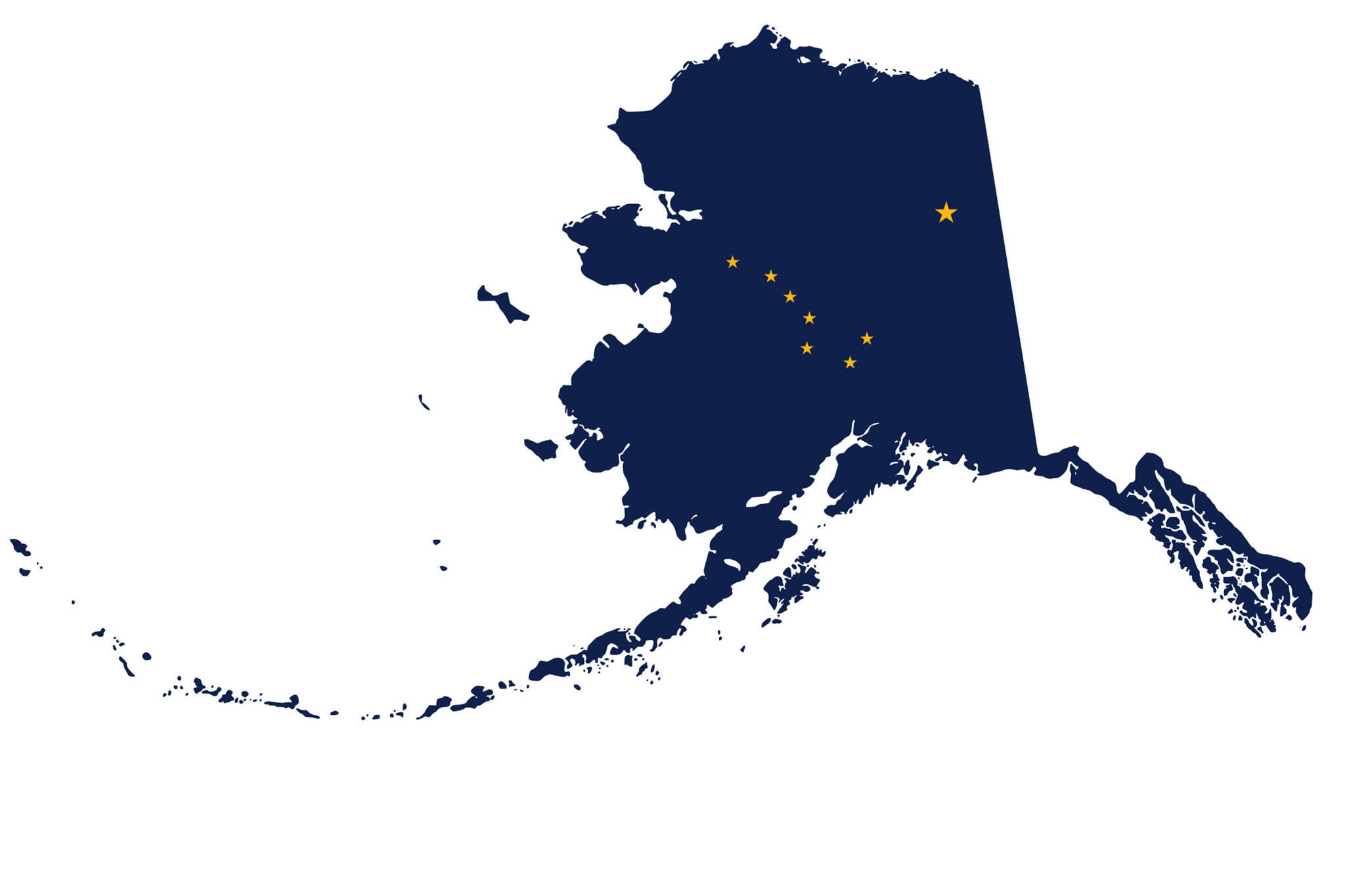By Diane Kaplan, Rebecca Brice Henderson, Mike Navarre and Angela Salazar
Too many Alaskans face barriers accessing the internet. According to industry research group BroadbandNow, Alaska ranks 42nd in the country for broadband coverage, speed and accessibility. Online activities that some of us take for granted — applying for Social Security, having a telehealth appointment, or even reading the news online, for example — are out of reach for many Alaskans.
Cost and access are two obvious drivers. Knowledge is another. We all have family and friends who lack digital skills necessary to take advantage of online education, health care, job and career opportunities, and cultural and civic participation. What’s the cost of this divide to our families, communities and state?
Fortunately, Alaska is receiving significant federal funding to close the digital divide. Last year’s Infrastructure Investment and Jobs Act, or IIJA, which Alaska’s congressional delegation was instrumental in getting passed, provides $2.7 billion in historic grant funding for states to design and implement innovative, community-oriented solutions.
IIJA separately includes billions more in funding for states and tribes to build out the infrastructure needed to provide broadband to communities. But before they can apply for the infrastructure money, states must first focus on digital equity.
Specifically, they must do a deep dive into eight population groups to understand barriers to both accessing broadband and maximizing its potential once it’s available. The groups are:
1. Seniors;
2. Veterans;
3. Incarcerated individuals;
4. People experiencing disabilities;
5. People who speak English as a second language;
6. Rural Alaskans;
7. Ethnic or racial populations;
8. Low-income individuals.
Rasmuson Foundation has been asked by the state of Alaska to lead outreach efforts to these groups. In that role, we are responsible for coordinating group meetings, more than 43 across Alaska, including in larger communities like Juneau as well as smaller, more rural parts of the state; compiling responses; and ultimately — in conjunction with the state — drafting a plan to address these barriers. This digital equity work, both the outreach and the plan, must be completed by mid-2023. Gulp!
Now here’s the good news. While there is no way Rasmuson Foundation can do this on its own, it becomes a much more manageable project when we fold in community and regional partners to help us in this work, and that’s exactly what we intend to do.
Using our own resources, we have brought on a team of advisers with experience navigating the complicated world of federal broadband grant funding. They have crafted a strategy to ensure we are on track with timing and collecting the information needed to meet the federal funding requirements.
Second, we are in the process of identifying specific nonprofits that could help us reach the covered populations — for instance, Alaska Federation of Natives, Alaska Municipal League and AARP. Many are organizations we have worked with previously.
The federal government will provide approximately $567,000 to help conduct this work. All of it will flow out to the organizations collecting the required information, and if needed, we will supplement it with our own resources. The federal government has set up a separate application process that tribes may apply for to conduct their own digital equity activities. It will be essential to coordinate.
This is going to take a village, but the stakes are too high to fail. We’d love to hear your ideas for reaching populations in your communities. You can do so by sending an email here: broadband@rasmuson.org. If we get this right, not only will the state be able to submit a more compelling infrastructure application, but this will result in thousands of Alaskans being able to join the digital world: tapping into remote workforce opportunities, participating in additional schooling, having remote health options, and being less isolated. And that’s the real win.
Diane Kaplan is president and CEO of Rasmuson Foundation. Rebecca Brice Henderson, Mike Navarre and Angela Salazar are Rasmuson Foundation board members.

